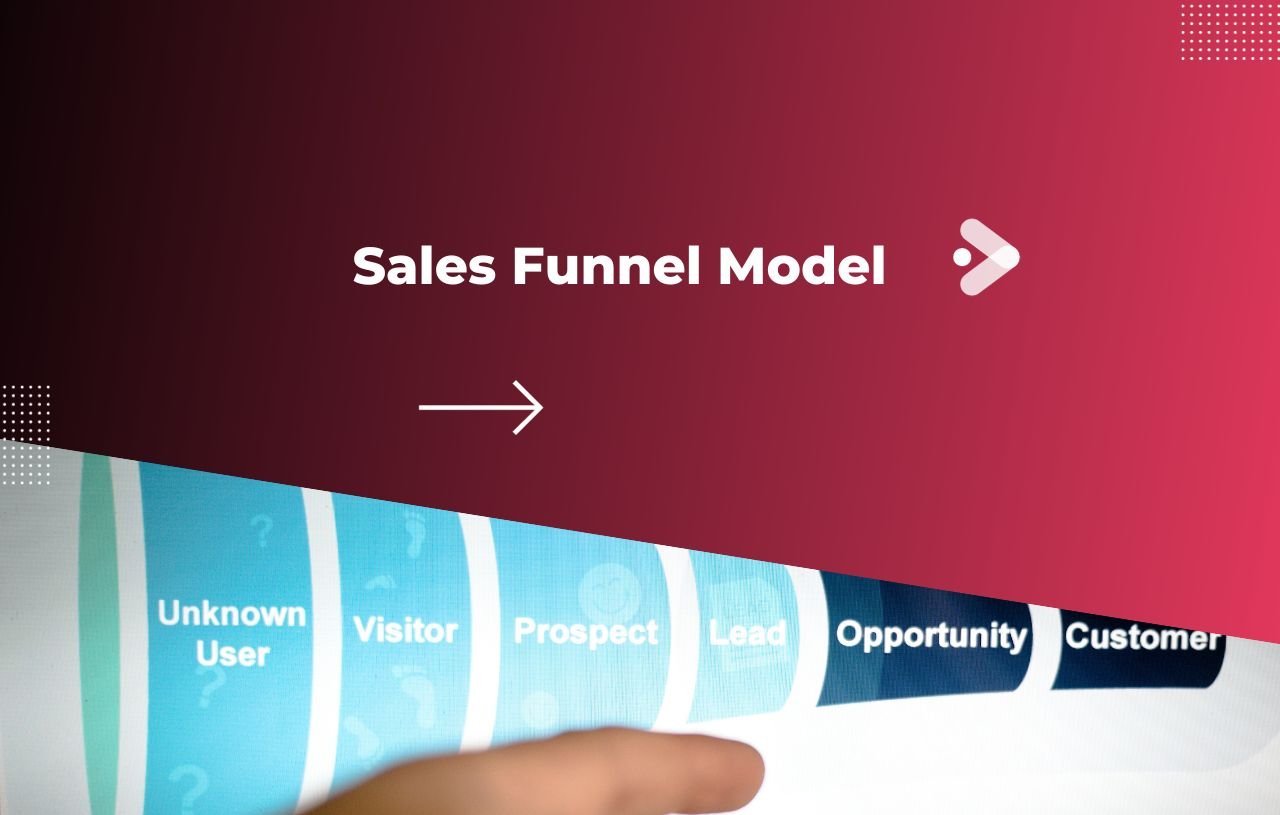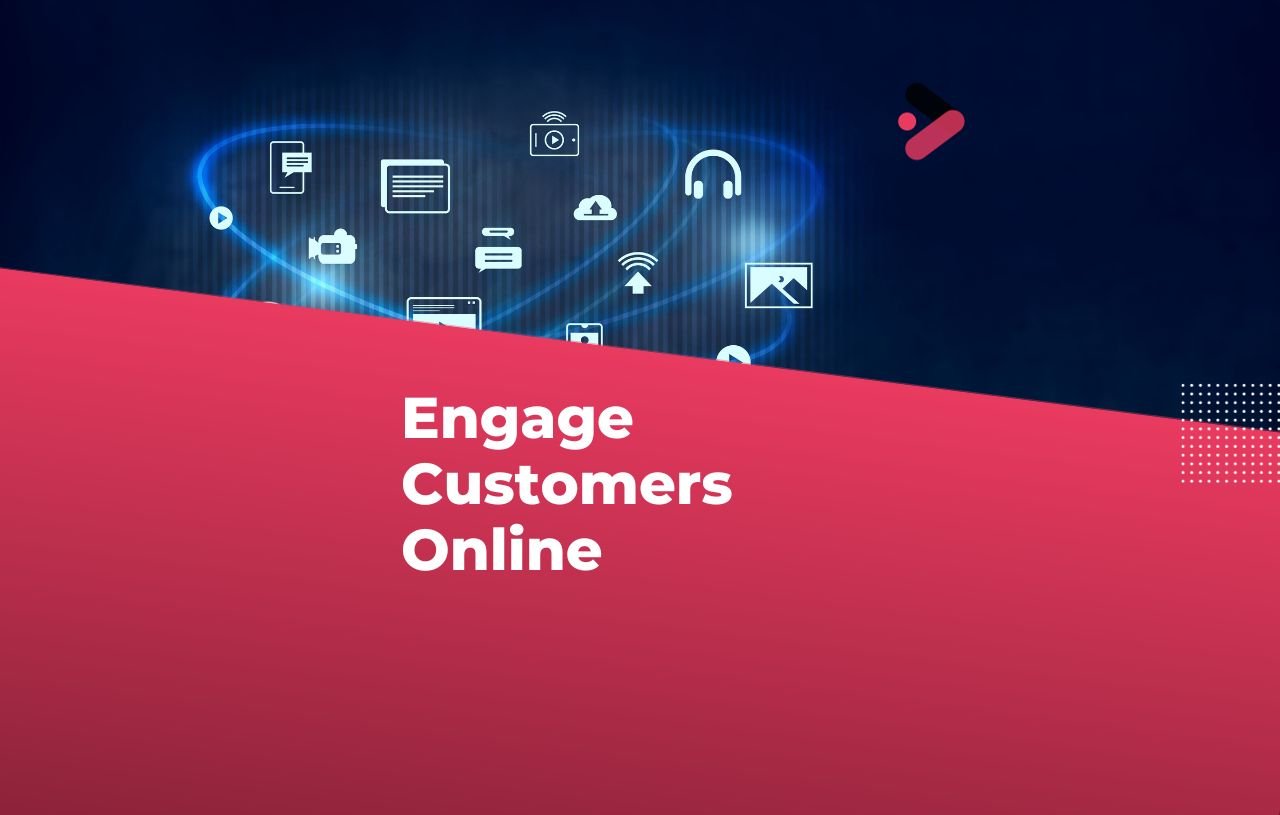Welcome to a comprehensive guide on propelling your business to new heights with 13 powerful sales strategies. In this article, we delve into proven techniques that not only drive business growth but also significantly increase revenue. From understanding your customers to leveraging cutting-edge sales methods, get ready to revolutionize your approach and achieve remarkable success. In today's competitive business landscape, boosting sales and driving revenue growth are essential for long-term success. To achieve these goals, a well-structured and versatile sales approach is crucial. In this article, we'll explore 13 proven strategies that can empower your sales team to enhance revenue streams and elevate your business.
Customers lie at the heart of any successful business. Comprehending their needs, concerns, and aspirations is key to tailoring products or services that resonate with them. By addressing these aspects, you not only gain their loyalty but also build trust through exceptional service. Employ techniques like surveys and consumer research to gain valuable insights into your target audience.
To cultivate a thriving enterprise, delving into the depths of your customers' preferences, challenges, desires, and concerns is paramount. This profound understanding enables you to craft products and services that truly meet their needs, positioning your offerings as solutions that resonate on a personal level.
By actively addressing your customers' pain points and aspirations, you forge a unique connection that transcends mere transactions. This connection fosters loyalty, trust, and a genuine sense of care, setting the stage for enduring customer relationships. One effective way to gain insights into your target audience is through well-designed surveys and consumer research initiatives. By inviting your customers to share their thoughts and opinions, you unlock a treasure trove of valuable information that can guide your sales strategies. Alternatively, collaborating with consumer research firms can provide expert analysis and actionable insights into your market.
Customer-Centric Approach
A customer-centric approach is the foundation of any successful sales strategy. Instead of focusing solely on what you have to offer, start by understanding what your customers want and need. This involves researching and analyzing your target market, identifying their pain points, preferences, and expectations. By putting your customers at the center of your sales strategy, you can create a more personalized and engaging experience that resonates with them.
Building Trust and Credibility
Trust is the currency of successful sales. When you take the time to understand your customers, it demonstrates that you care about their needs and are genuinely interested in helping them. This builds trust and credibility, making it more likely for customers to choose your products or services over those of your competitors. Trust is a valuable asset that can lead to long-term customer relationships and repeat business.
Tailored Solutions
One-size-fits-all approaches rarely work in today's diverse and dynamic marketplace. Understanding your customers allows you to provide tailored solutions that address their specific challenges and goals. This not only increases the likelihood of making a sale but also positions your business as a problem solver. When customers see that you can meet their unique needs, they are more likely to become loyal patrons.
Effective Communication
Effective communication is a cornerstone of successful sales strategies. When you know your customers well, you can tailor your messaging and communication style to resonate with them. This means using language and channels that your target audience prefers. Whether it's through social media, email, phone calls, or in-person meetings, understanding your customers helps you convey your value proposition more effectively.
Anticipating Needs
One of the benefits of deep customer understanding is the ability to anticipate their future needs. By staying ahead of customer trends and market developments, you can proactively offer products or services that align with their evolving requirements. This not only keeps your customers satisfied but also positions your business as an industry leader that is always one step ahead.
Competitive Advantage
In a crowded marketplace, gaining a competitive advantage is essential. Understanding your customers provides you with insights that can set you apart from your competitors. You can identify gaps in the market, create unique value propositions, and develop innovative solutions that cater to your customers' desires. This differentiation can give you a significant edge and help you stand out in the eyes of your target audience.
Feedback and Improvement
Customer feedback is a valuable source of information for refining your sales strategies. By actively seeking feedback from your customers, you can uncover areas where you can improve and make necessary adjustments. This continuous improvement cycle helps you stay aligned with your customers' changing preferences and ensures that your sales strategies remain effective over time.
Leverage the Sales Funnel Model

Mapping the customer journey through a sales funnel can provide insights into the decision-making process. This understanding helps you design effective sales processes that cater to customers at different stages of their buying journey. This approach facilitates personalized interactions and more targeted marketing efforts.
Navigating the complex landscape of sales requires a strategic approach that guides potential customers from initial interest to the final purchase. The sales funnel model, a fundamental framework in modern business, offers a dynamic blueprint to achieve just that. By understanding and leveraging this model, businesses can tap into valuable insights and optimize their sales strategies for maximum impact.
Understanding the Sales Funnel
Imagine a funnel—a wide opening that gradually narrows down. This visual metaphor aptly represents the customer journey, encompassing various stages from awareness to conversion. At the top of the funnel, potential customers become aware of your product or service. As they progress down the funnel, they evaluate their options, make decisions, and ultimately make a purchase.
Designing Effective Sales Processes:
Mapping the customer journey through the sales funnel provides a comprehensive view of how customers interact with your business. This insight is invaluable for designing sales processes that cater to each stage of the funnel. By tailoring your approach, you can deliver relevant information and support at the right time, nurturing potential customers and guiding them towards conversion.
Personalized Interactions and Targeted Marketing
The beauty of the sales funnel lies in its ability to facilitate personalized interactions. Armed with knowledge about where a customer stands in the funnel, you can deliver messages and offers that resonate with their current mindset. This personalized touch enhances the customer experience and increases the likelihood of conversion.
Furthermore, the sales funnel model empowers you to fine-tune your marketing efforts. Instead of employing a one-size-fits-all approach, you can craft messages and campaigns that align with the specific needs and concerns of customers at each stage. This precision not only boosts engagement but also maximizes the impact of your marketing budget.
Embracing the sales funnel model is akin to having a roadmap that guides your customers from initial contact to becoming loyal advocates. By acknowledging the significance of each stage and customizing your interactions accordingly, you establish a meaningful connection that transcends mere transactions. This approach paves the way for effective sales strategies, refined marketing efforts, and ultimately, business growth and increased revenue. In the subsequent sections of this article, we delve deeper into additional strategies that complement the power of the sales funnel model in achieving sales excellence.
Engage Customers Online

Direct online engagement through social media and websites has become integral to modern sales strategies. Responding to customer queries and comments on platforms like social media and review sites enhances your online presence and encourages conversions. Utilize chat tools to provide swift answers and build rapport.
The ability to interact, connect, and build relationships with your audience on various online platforms can significantly impact your business's success. This section explores the art of engaging customers online and the strategies that can turn clicks into conversions.
The Importance of Online Engagement:
As consumers increasingly turn to the internet to research and interact with brands, your online presence becomes more crucial than ever. Engaging customers online allows you to meet them where they are, making it easier for them to access information, ask questions, and provide feedback.
Harnessing Social Media and Websites:
Social media platforms and business websites serve as digital storefronts where potential customers explore your offerings. Regular interaction on these platforms—responding to comments, sharing valuable content, and providing real-time support—humanizes your brand and cultivates a sense of connection. Engaging content, such as behind-the-scenes glimpses, product showcases, and customer testimonials, can generate excitement and trust.
Leveraging Chat Tools for Swift Responses:
One powerful tool in the realm of online engagement is the chat feature on your website. Implementing this tool enables you to answer customer queries promptly, minimizing wait times and enhancing their overall experience. Customers appreciate quick responses, and this feature can be a game-changer when it comes to converting leads into sales.
Listening and Responding on Third-Party Platforms:
Online engagement extends beyond your official platforms to encompass third-party review sites and social media discussions. Monitoring these platforms for mentions of your brand allows you to respond to feedback, address concerns, and showcase your commitment to customer satisfaction. Publicly acknowledging positive comments and professionally addressing negative ones demonstrates your dedication to serving customers effectively.
Building a Community through Interaction:
Engagement is not just about transactions—it's about building a community of loyal customers. Encourage dialogue among customers by asking questions, conducting polls, and hosting online events. These interactions foster a sense of belonging and empower your audience to become brand advocates who spread positive word-of-mouth.
Crafting a Unified Online Experience:
An essential aspect of online engagement is creating a seamless and cohesive experience across all online touchpoints. From social media profiles to your website's user interface, ensure consistency in branding, messaging, and responsiveness. This unified experience reinforces your professionalism and reliability.
Final Thoughts:
Engaging customers online is more than a trend; it's a necessity in today's digital-driven landscape. By being accessible, responsive, and proactive in your online interactions, you create an environment where customers feel valued and understood. This, in turn, leads to increased customer loyalty, higher conversion rates, and a reputation that resonates in the digital sphere. As we journey through the remaining strategies, remember that the online world offers boundless opportunities for forging lasting connections and propelling your business forward.
Offer Diverse Payment Options
Catering to various payment preferences can influence purchasing decisions. By understanding your audience's preferred payment methods, you can enhance their buying experience. Regularly assess and adapt payment options to align with evolving customer needs.
Create a Referral Program
Customer loyalty can be fostered through referral programs. Reward loyal customers for referring new clients, creating a win-win scenario. These programs not only incentivize repeat purchases but also expand your customer base through positive word-of-mouth.
Implement Strategic Discounts
Strategic discounts can incentivize customers to make larger purchases. Implementing limited-time offers, bundled deals, or exclusive discounts can boost sales and encourage repeat business.
Bundle Complementary Products
Bundling products that complement each other enhances their perceived value. This approach entices customers to make larger purchases and improves their overall shopping experience.
Review Pricing Structures
Regularly evaluating pricing structures ensures alignment with customer expectations. Research competitive pricing and analyze historical pricing trends to strike the right balance between value and profit.
Streamline Product Offerings
Offering a well-curated selection of products can simplify decision-making for customers. Streamlining product choices can lead to quicker conversions and more focused marketing efforts.
Provide Money-Back Guarantees
Offering a money-back guarantee instills trust and confidence in customers. This assurance can tip the scales in your favor and encourage hesitant buyers to make a purchase.
Stay Informed About Trends
Staying attuned to market trends and customer behavior enables you to proactively adapt your strategies. Responding to shifts in buyer preferences positions your business for success.
Motivate Your Sales Team
A motivated sales team can significantly impact performance. Cultivate a positive work environment, offer incentives, and provide the necessary tools for success to keep your team engaged and productive.
Craft Compelling Web Content
Collaborate with marketing to create engaging web content. Blogs, webinars, and testimonials can establish credibility, educate customers, and build brand loyalty.
Leverage sales analytics to track trends and maintain accurate forecasts. Data-driven insights enable informed decision-making and help optimize sales strategies.
Networking events provide opportunities to showcase your brand and foster relationships that can lead to increased referrals and sales. Sponsoring local events also boosts community visibility.
Incorporating these sales strategies can transform your business's revenue trajectory. By understanding customers, optimizing processes, and fostering meaningful engagement, you can effectively boost sales and fuel sustainable growth. Stay adaptable and open to innovation as you navigate the ever-evolving landscape of sales, ultimately propelling your business to greater success.

